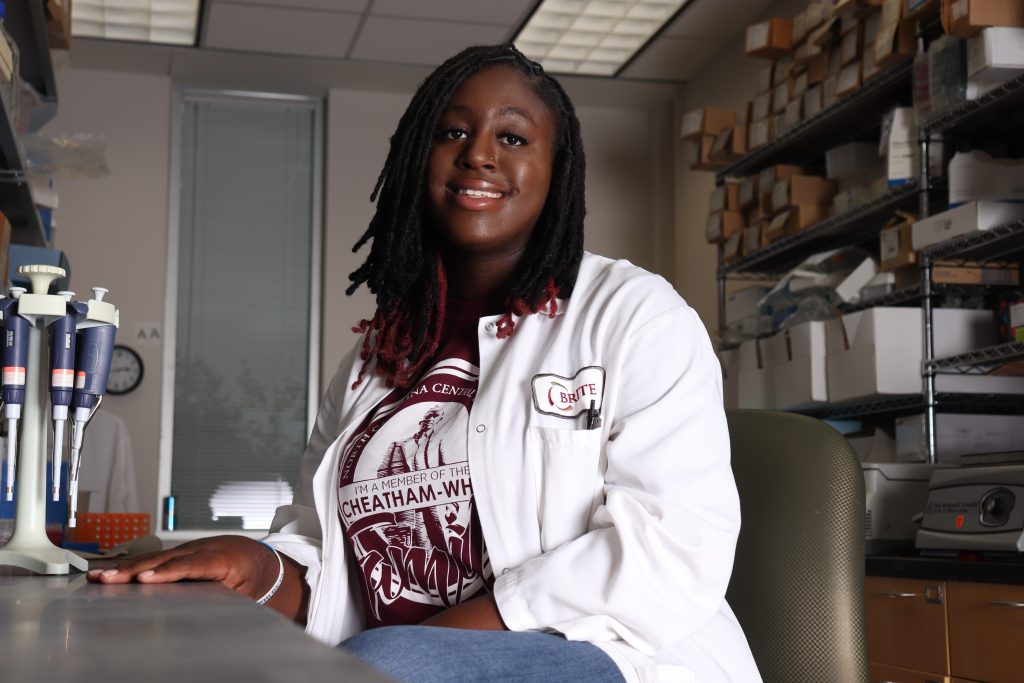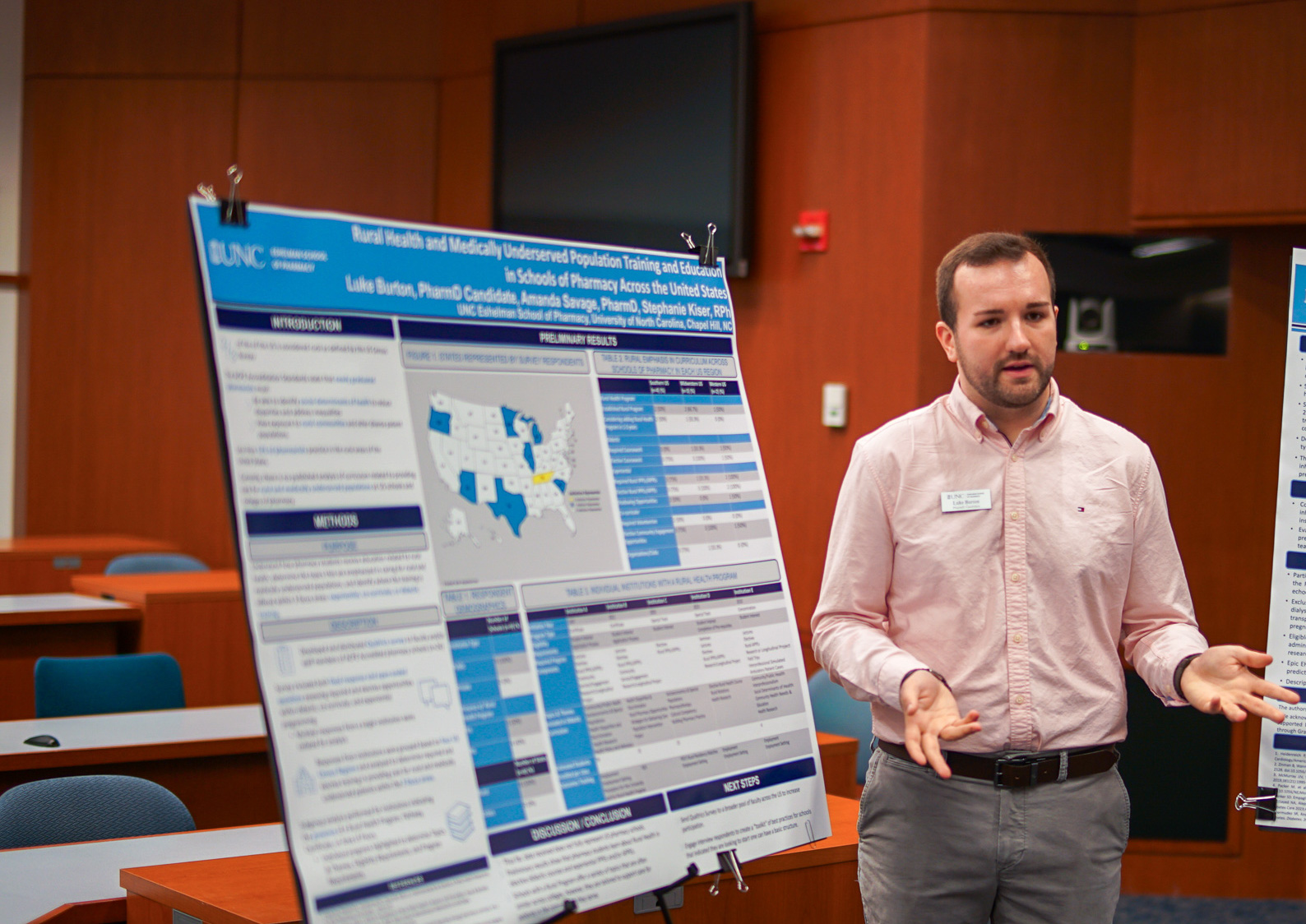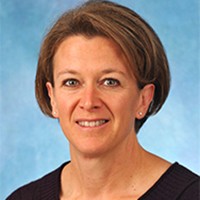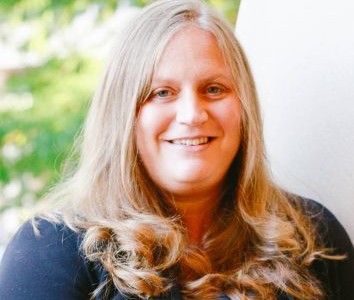July 1, 2024

LaShae Powell, Pharm.D. candidate class of 2027, is a native North Carolinian from Sampson County and understands firsthand how important rural health care is.
“I’ve watched my family and neighbors struggle with chronic conditions and limited resources, making equitable health care an urgent necessity,” she said.
Powell grew up in a small, rural community and experienced the challenges in accessing health care. Her community would have to travel long distances for even basic medical services, which often leads to delays in treatment and poorer health outcomes.
With the need for pharmacists in rural areas increasing, the UNC Eshelman School of Pharmacy’s Rural Pharmacy Health Certificate helps prepare students for a future in rural health by providing opportunities for community service and outreach and building relationships with local governments, organizations, non-profits and public health providers.
“The School’s commitment to providing fair and equitable health care to all North Carolinians, including those from small ‘one stoplight’ towns like mine, made me feel seen, valued and understood,” Powell said. “Contributing to this program offers me a meaningful way to give back to communities similar to my home in rural Eastern North Carolina.”
The program originated on the School’s Asheville campus and expanded to Eastern North Carolina this year. Incorporating this concentration into the Pharm.D. experience is ideal for individuals who are committed to giving back and who want to live and practice in small communities providing care to those that are often medically underserved.

Luke Burton, Pharm.D. candidate class of 2025, also grew up in rural North Carolina and credits the program for giving him a unique perspective and background on how to provide care for rural populations.
“I have learned so much about what it means to be a pharmacist and to provide patients with resources that improve the health and well-being of patients in both rural and urban areas since underserved and vulnerable populations can exist anywhere,” said Burton.
As part of the program, Rural Pharmacy Scholars receive education and training that prepares them for collaborative, interprofessional practices that serve the health care needs of North Carolinians living in rural and small communities.
For his research, Burton studied how pharmacy students across the country receive education related to rural health in hopes to create a “toolkit” of best practices for institutions that want to develop a rural program best suited for them and the communities they serve. He plans to pursue residency and then work in a rural ambulatory care clinic.
After graduation, Powell hopes to work in a rural area, particularly somewhere that is considered a “health care desert” because those areas can benefit the most from an influx of providers. “For me, promoting rural health means improving the lives of the people I care about and strengthening the communities that have shaped who I am,” she said.
Latest News

Lisa Tarantino appointed as new Assistant Dean for Research

NIH award leads to deeper study of brain malformations


